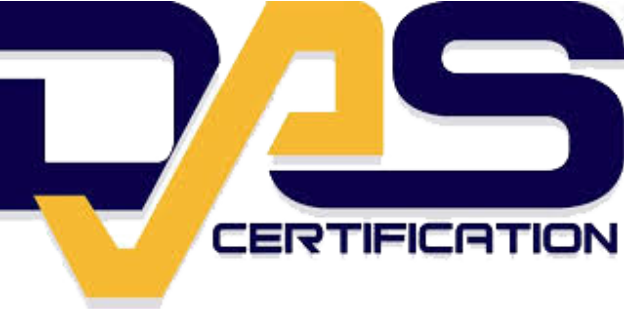What is HACCP certification?
A HACCP certification is a document given to food processors and manufacturers as recognition that its team has developed a comprehensive and complete HACCP plan and has implemented it effectively. As a food safety management system, your HACCP plan must have a complete set of documents and procedures on how to identify and conduct an analysis of hazards, limit, control, and monitor any potential hazard in your food chain.
Your HACCP plan must be proven to be based on a scientific approach and properly identify any food safety hazard for all food products in your manufacturing company. After building your HACCP food safety programs, your company is eligible to request a food safety audit to verify the effectiveness of your plan. Once approved, a HACCP certification is provided to you.
A HACCP certification can be proof that your business is globally competitive in terms of food safety. It also gives your customers the idea that your food safety management system is excellent. The certification process is a recognition system for a business’s commitment to food safety.
Having a HACCP plan as your food safety management system is not mandatory per se. Despite this, a food business is required to have a set of management systems aimed at keeping food safe. In addition, a HACCP plan satisfies several food laws and regulations which require accurate identification of hazards and mitigation of food safety issues such as the FSMA regulations by the FDA.
A HACCP certification is vital for you to prove to your customers and partners that your food business is running safely. As such, HACCP certification should be sought by anyone with a food business, such as;
- Restaurants
- Catering businesses
- Food transportation companies
- Food preparation services, food truck
- Food manufacturers
- Food delivery service
Gaining HACCP accreditation is extremely helpful if you are setting up a new business. Giving your customers confidence in your food safety practices from the very beginning can give you a competitive advantage, and can help to build your brand name when starting out.
It is highly advisable for anyone working in the food industry to obtain HACCP certification. However, if you are unsure if it is necessary in your case, you should always contact your local or national regulatory authority to find out if you need it.
Aside from providing your customers with the right level of confidence in patronizing your products, a HACCP certification can provide you with several other advantages. These benefits can be economic, safety, and social in nature. Some advantages may include the following:
- Reduced probability of releasing unsafe food to the market
- Increased consumer confidence in the finished product
- Increased appeal to investors, suppliers, and partners
- Gain competitive advantage against other products of the same niche and in international trade
- Comply with food agency regulations
- Better management of resources and waste
- Gain entry to additional markets and greater acceptance by food processors and manufacturers
As a prerequisite to attaining a HACCP certification, your HACCP plan must be well-written, complete, and fit for your production process for safe food products. In addition, it must have already undergone application testing to evaluate its effectiveness and suitability to your business.
